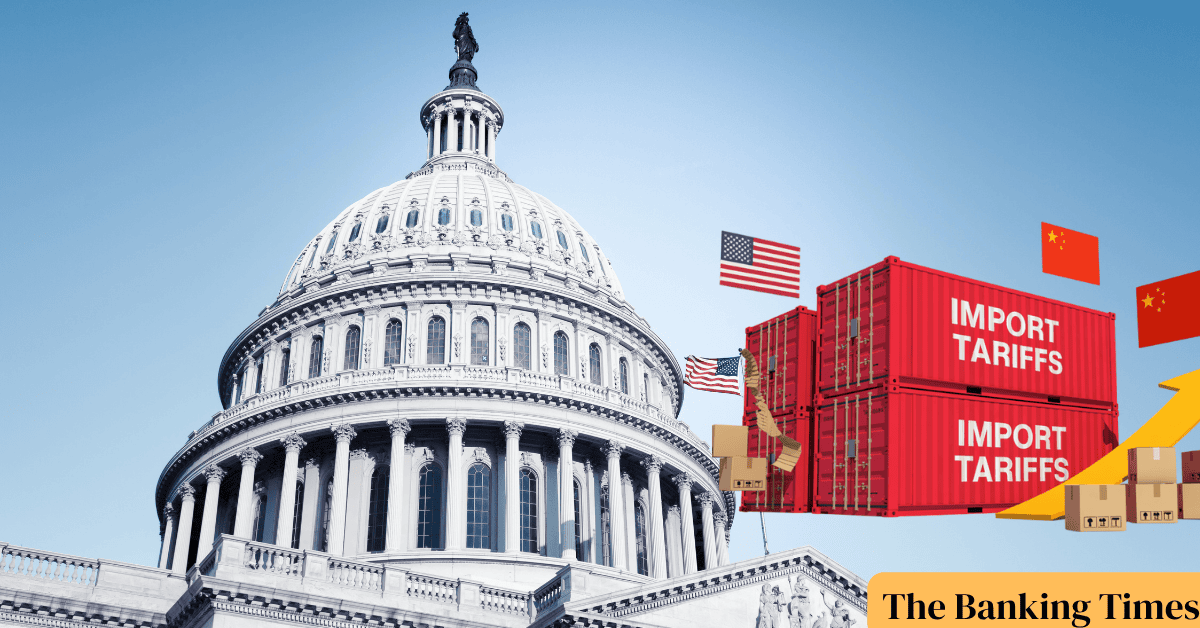Published on August 4, 2025 | Source: USTR Executive Order & Reuters/FT
🔍 What Is a Tariff?
A tariff is a tax imposed by a country on imported goods or services. For example, when the U.S. applies a 25% tariff on Indian exports, it increases the price of those goods in the American market—making Indian goods less competitive.
📊 U.S. Tariff Rates on Major Countries
| Country / Region | Tariff Rate |
|---|---|
| India | 25% |
| Brazil | 50% |
| Canada | 35% |
| Taiwan | 20% |
| Switzerland | 39% |
| EU (average) | 15% |
| China | 30% (down from 145%) |
*Rates effective from August 7, 2025, under Trump’s executive order. 1
🇮🇳 Impact on India
- Exports at risk: Exports worth ~$85 billion (including textiles, auto-parts, gems & pharma) face a 25% tariff. 2
- Sectoral hit: Garments, jewelry, auto components, and phones will become costlier in the U.S., reducing competitiveness. 3
- Order cancellations: Exporters risk lost contracts as U.S. importers source from lower-tariff nations like Vietnam or Bangladesh. 4
- Trade imbalance concerns: U.S. criticizes India’s high import tariffs and Russia trade ties; discussions on retaliation ongoing. 5
- Strategic disadvantage: India may lose ground in global supply chains compared to countries with lower U.S. tariff rates. 6
💬 Why It Matters
- Price rise: U.S. consumers may end up paying more for Indian imports, reducing demand.
- Export slowdown: India’s export growth may slow, affecting job creation and foreign exchange inflows.
- Policy push: India is under pressure to revisit its agriculture, dairy, and trade barriers to avoid further penalties. 7
- Diplomatic strain: Escalating tariffs could damage U.S.-India relations, complicating broader cooperation. 8
Disclaimer: Tariff policies and trade agreements evolve rapidly. All data is current as of early August 2025. Investors and exporters should stay updated on bilateral developments.

Leave a Reply